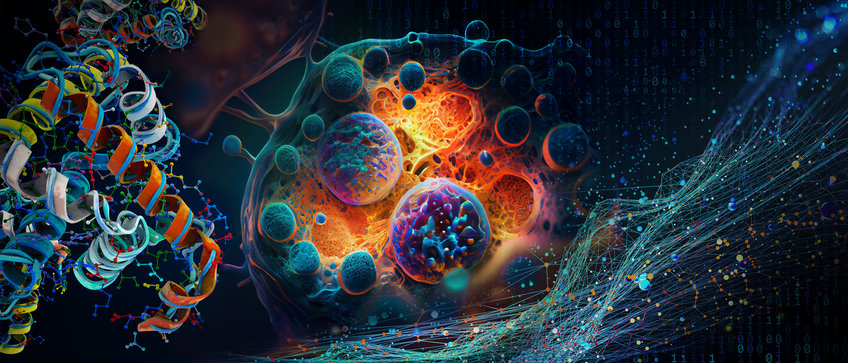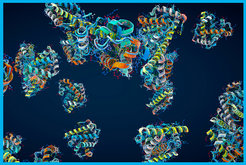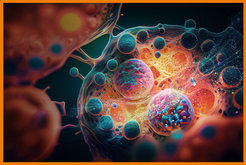
Research at IMPRS-ML
The IMPRS-ML offers its students the exciting opportunity to work in a stimulating research environment which is renowned worldwide for its cutting-edge research, progressive technologies and a wealth of state-of-the-art facilities. At the heart of our program are the research school’s faculty members, whose leadership and innovative projects provide our doctoral students with a supportive, albeit challenging, research environment.
Research activities center around three distinct but well-connected research branches to investigate the structure, function and dynamics of biomolecules and to ask how these molecules interact in biological systems to generate appropriate responses to environmental cues. Innovation drivers include the development of advanced technologies and the full integration of complex computational approaches to answer relevant biological questions.
To learn more about the research activities of our individual faculty members, go check out the Research Groups at IMPRS-ML.
Molecular Mechanisms

Groups in this in this research area seek to:
Understand the molecular mechanisms that regulate and control biological processes
Gain in-depth mechanistic insights of macromolecular complexes that regulate essential cellular processes
Decipher the structure-function relationship of molecules involved in complex biological processes
Biological Systems

Groups in this in this research area seek to:
Understand how the complex interplay between cellular components leads to a variety of biological responses
Understand how biological responses affect the development and function of organs, the immune system and entire organisms
Gain insights into cellular mechanisms and regulatory processes
Computational Biology and Technology Development

Groups in this in this research area seek to:
Develop and apply innovative computational methods and technologies to push the limits of biological research
Enable the automatic generation of knowledge from Big Data through machine learning
Develop innovative technical and methodological solutions to investigate biologically relevant question


